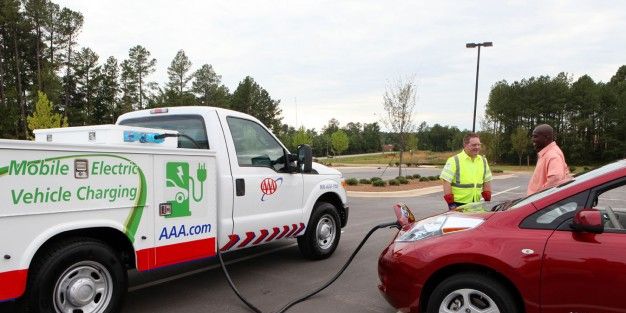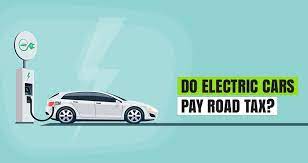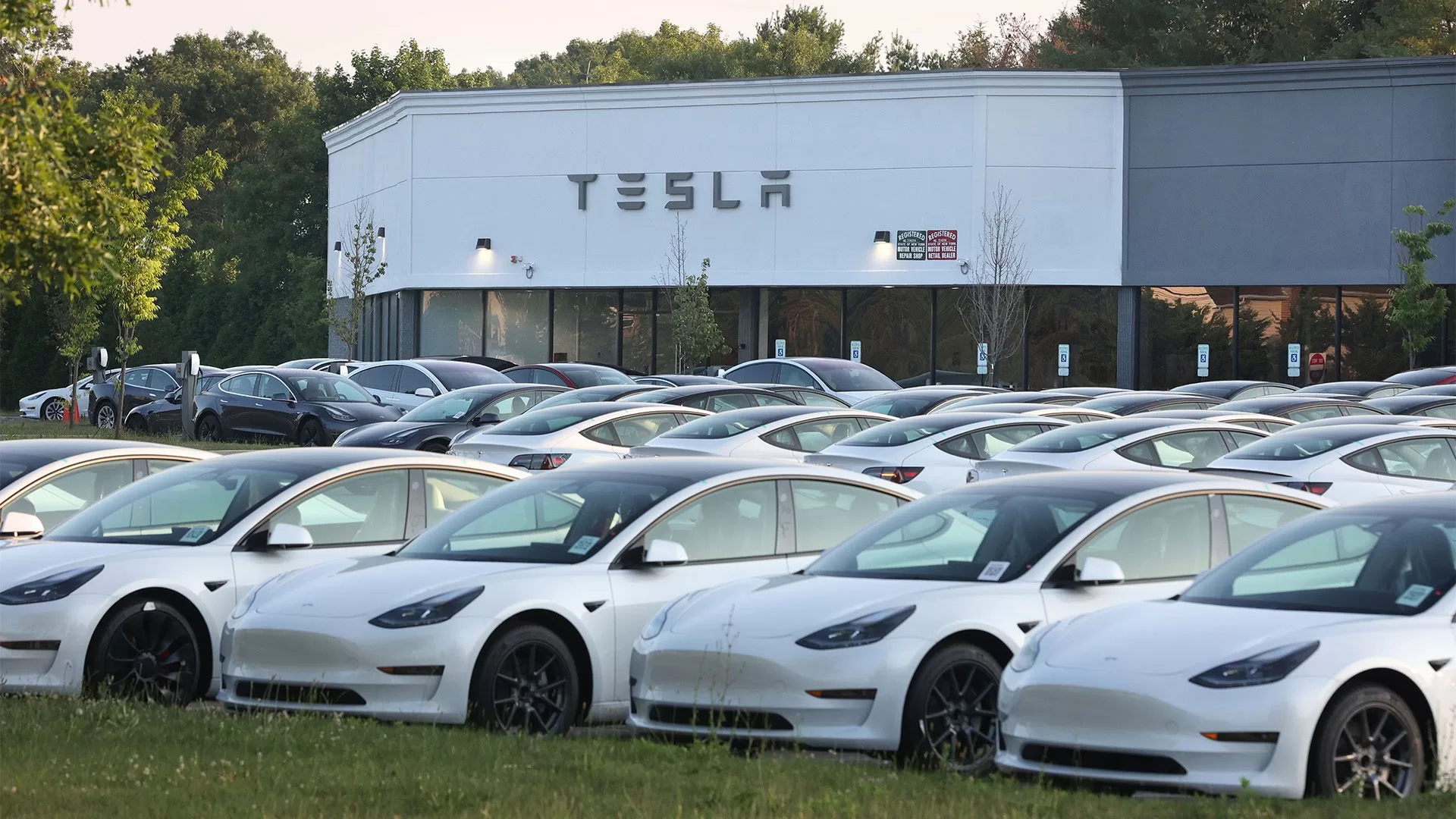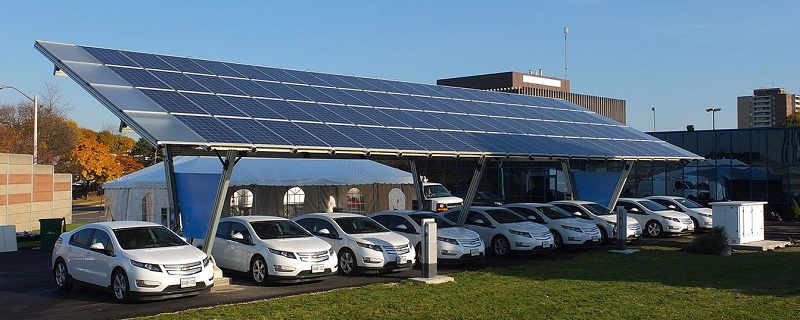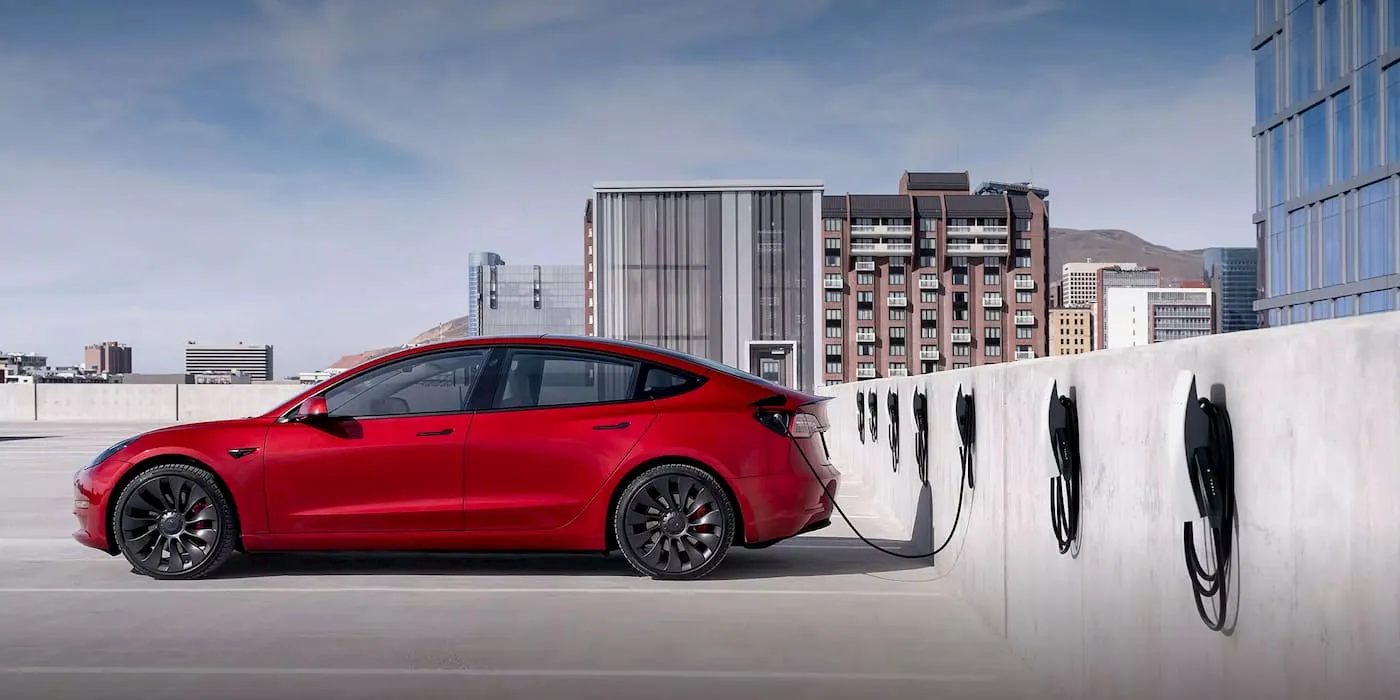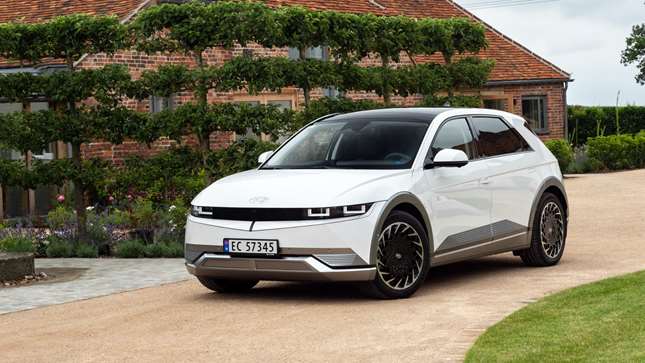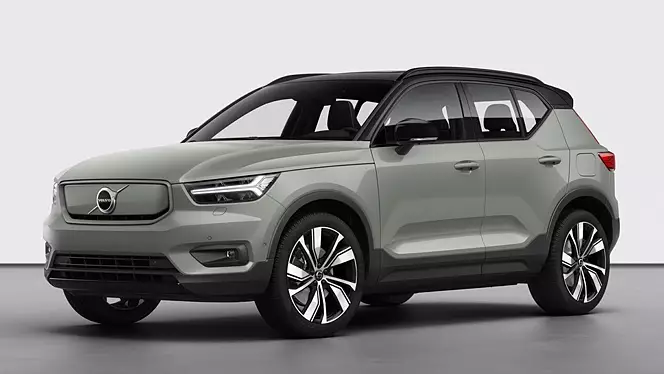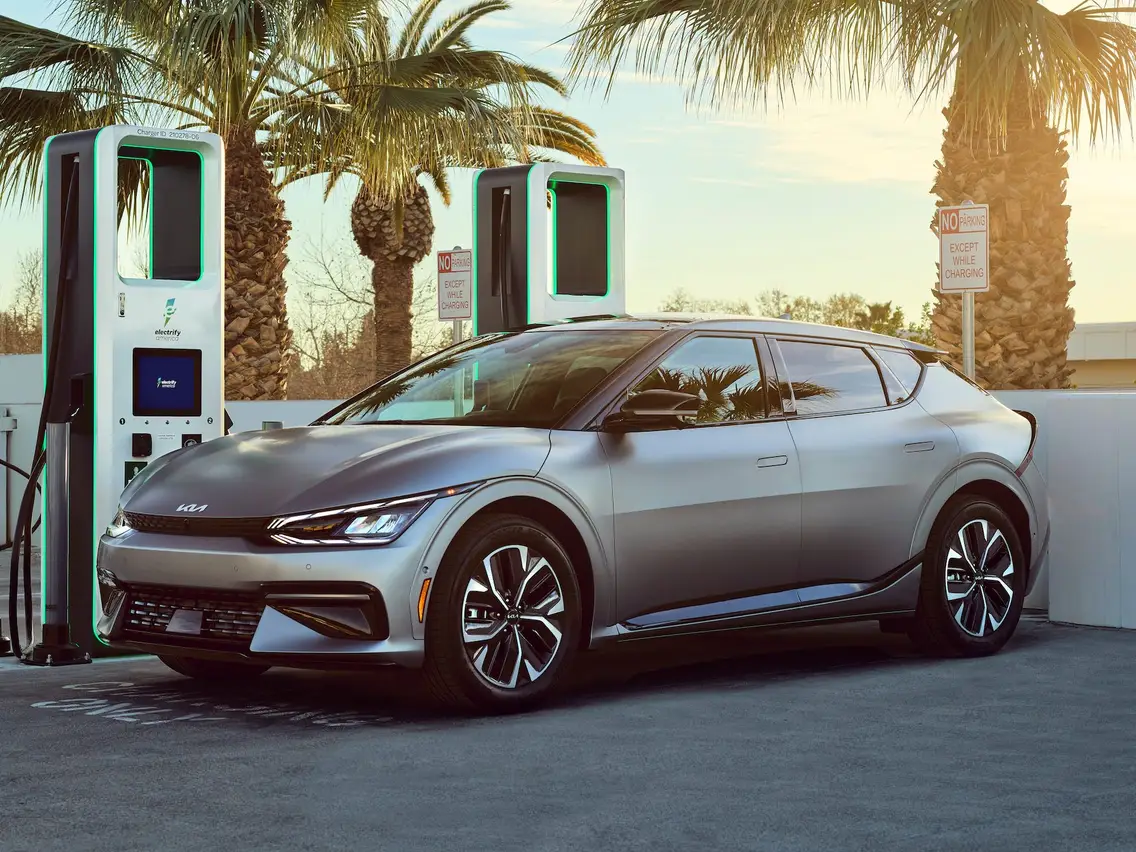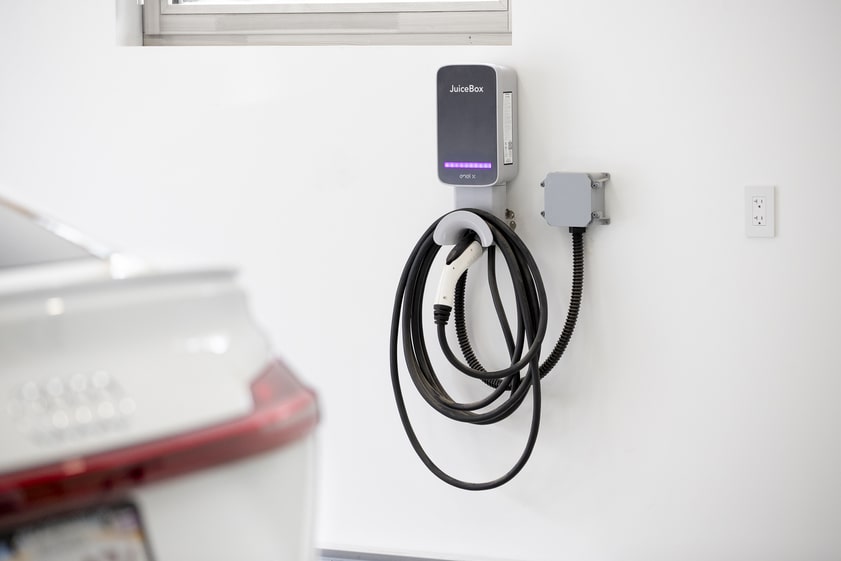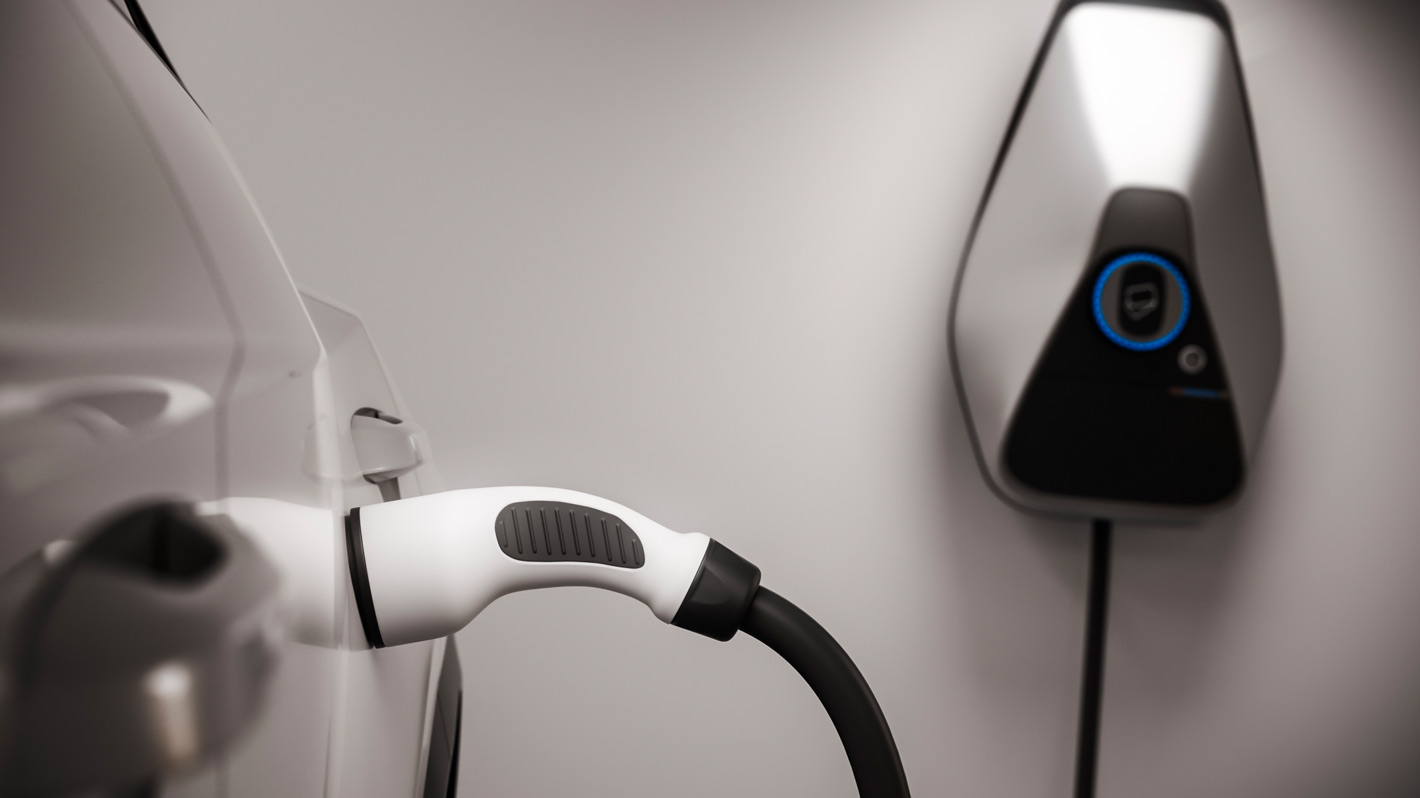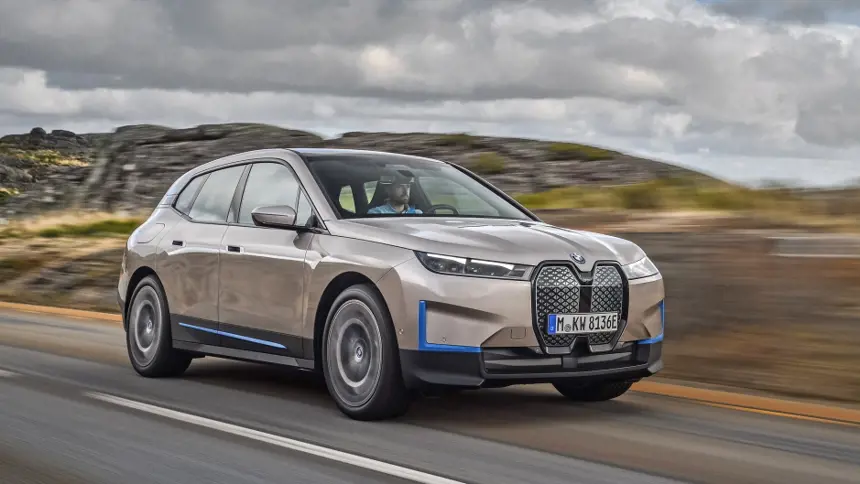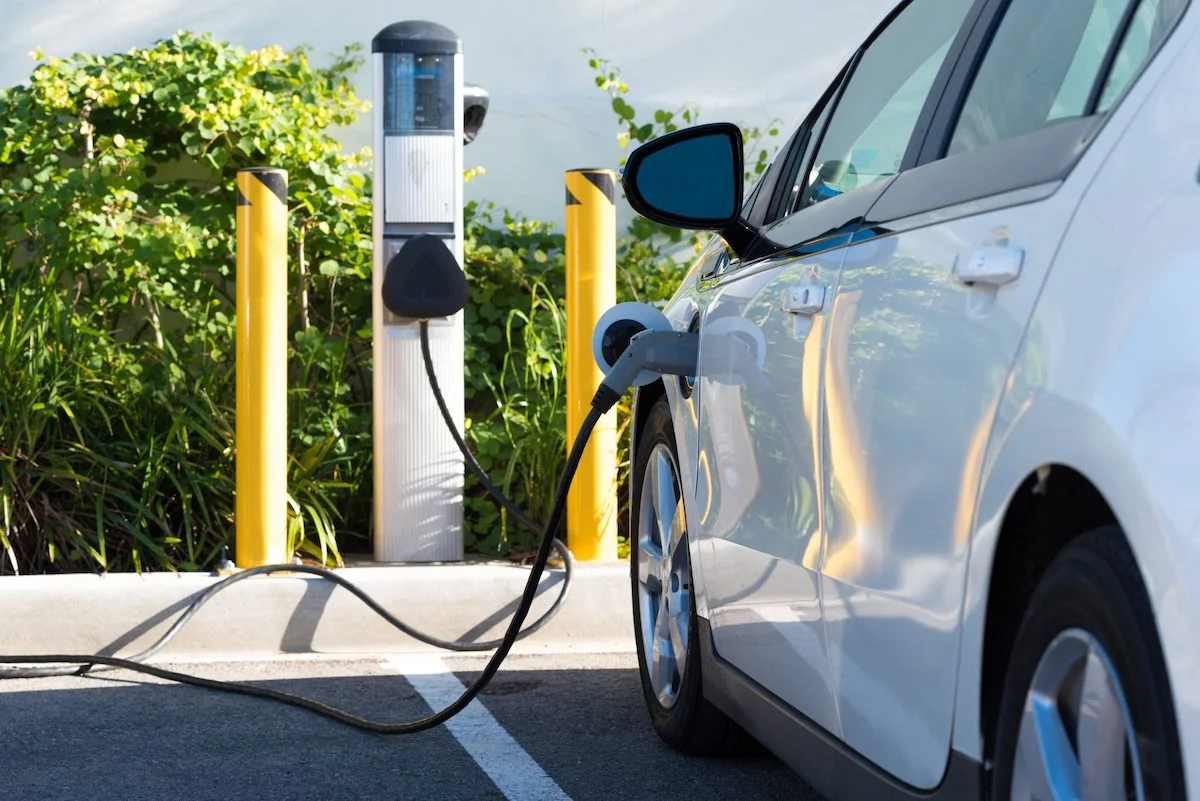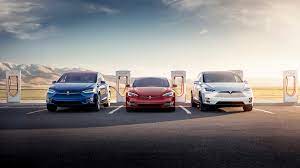In recent years, the automotive industry has witnessed a significant shift towards sustainable and eco-friendly transportation. As more people embrace the idea of reducing their carbon footprint, the demand for electric vehicles (EVs) has soared. Rental car companies, recognizing this growing trend, have started to integrate electric cars into their fleets. Hertz, a leading player in the car rental industry, is no exception. Let’s delve into the world of electric mobility and explore the question: What electric cars does Hertz have?
What Electric Cars Does Hertz Have: Unveiling the Green Fleet
Hertz has made substantial strides in aligning its vehicle offerings with the global push towards sustainability. The rental giant has strategically incorporated a variety of electric cars into its fleet, providing customers with eco-friendly options for their transportation needs.
The Lineup: A Glimpse into Hertz’s Electric Arsenal
Hertz’s commitment to sustainability is evident in its diverse selection of electric cars. From compact to luxury models, Hertz offers a range of options to cater to different preferences and travel needs. Whether you’re embarking on a solo adventure or traveling with family and friends, Hertz has an electric vehicle to suit your requirements.
What Electric Cars Does Hertz Have in Its Arsenal?
To answer the question directly, let’s take a closer look at some of the electric cars you can find in Hertz’s impressive lineup.
1. Tesla Model 3: Driving Innovation
Tesla, a pioneer in the electric vehicle market, has a prominent presence in Hertz’s fleet. The Tesla Model 3, known for its sleek design and impressive range, is a popular choice among Hertz customers seeking a premium electric driving experience. With cutting-edge technology and a commitment to sustainability, the Tesla Model 3 is a standout option in Hertz’s electric offerings.
2. Nissan Leaf: Navigating Efficiency
For those prioritizing efficiency without compromising on style, the Nissan Leaf is a compelling choice. Hertz includes the Nissan Leaf in its electric vehicle lineup, providing renters with a reliable and eco-friendly option for city commuting and beyond. The Leaf’s nimble handling and electric prowess make it an ideal companion for urban adventures.
3. Chevrolet Bolt EV: Power and Practicality
Combining power and practicality, the Chevrolet Bolt EV is another gem in Hertz’s electric fleet. This compact electric car boasts an impressive range, making it suitable for both daily commuting and longer journeys. With its spacious interior and advanced safety features, the Bolt EV offers a comfortable and secure ride for Hertz customers.
4. BMW i3: Luxury Redefined
Hertz caters to those with a taste for luxury with the inclusion of the BMW i3 in its electric vehicle lineup. This premium electric car combines futuristic design with high-end features, delivering a sophisticated driving experience. The BMW i3 is a testament to Hertz’s commitment to offering diverse electric options, ensuring there’s an eco-friendly choice for every type of traveler.
Driving Towards a Sustainable Future with Hertz
As the automotive landscape continues to evolve, Hertz remains at the forefront of the green revolution in transportation. By integrating electric cars into its fleet, Hertz not only meets the growing demand for sustainable options but also contributes to a cleaner and greener environment. The diverse range of electric cars available at Hertz reflects the company’s dedication to providing customers with choices that align with their values.
Read too:
In conclusion, if you’re wondering, “What electric cars does Hertz have?” the answer is a comprehensive and diverse lineup that caters to various preferences and needs. Whether you’re a fan of cutting-edge Tesla technology, efficiency-driven Nissan Leaf, power-packed Chevrolet Bolt EV, or the luxury of BMW i3, Hertz has an electric vehicle to elevate your driving experience.

